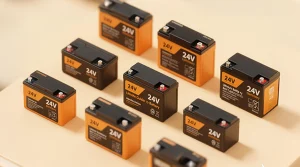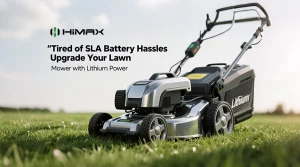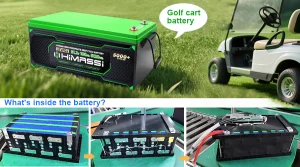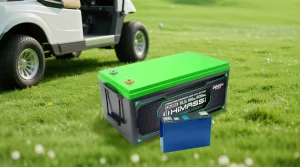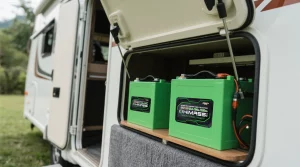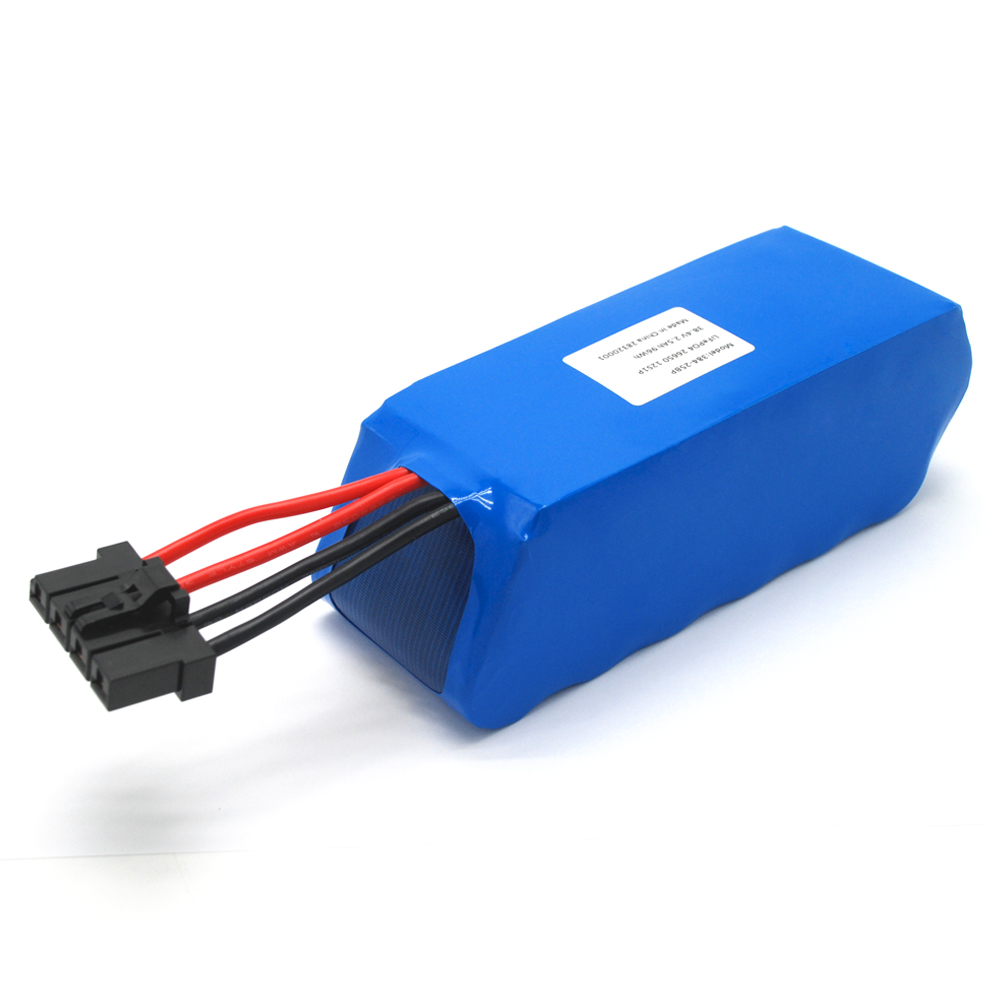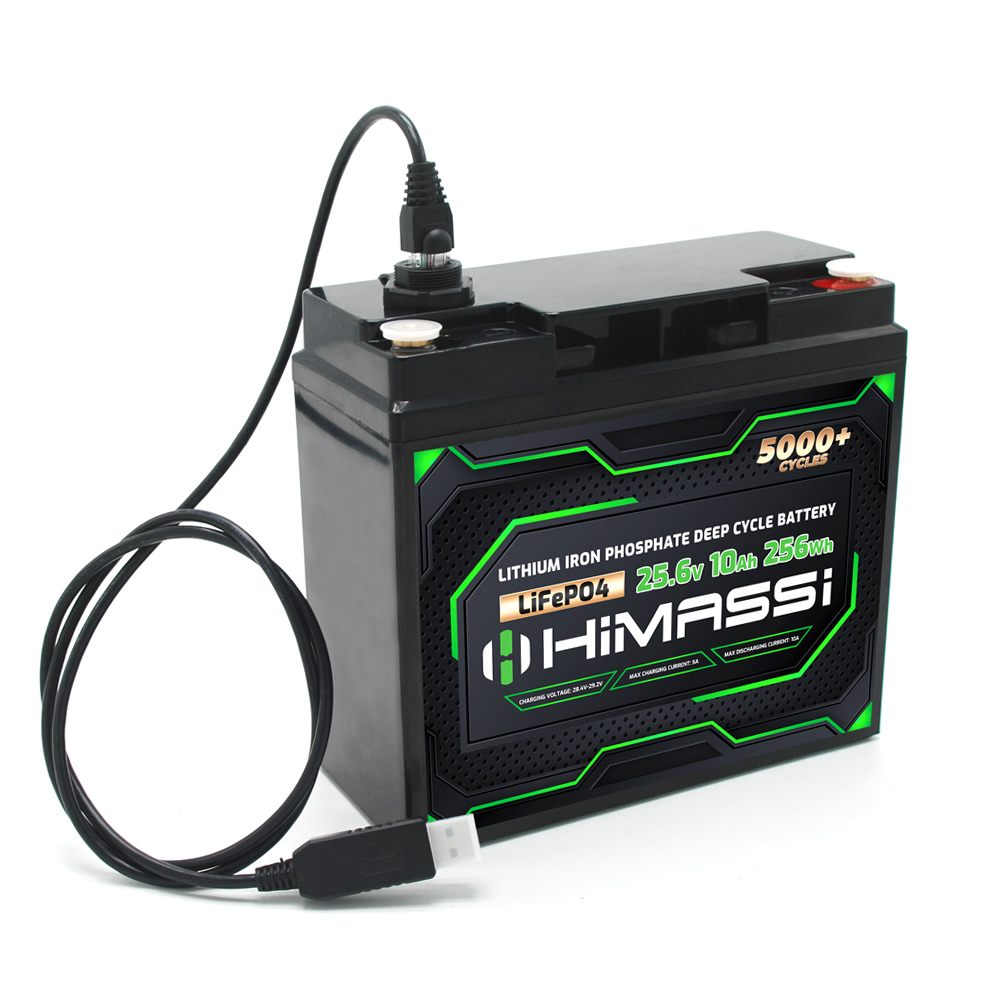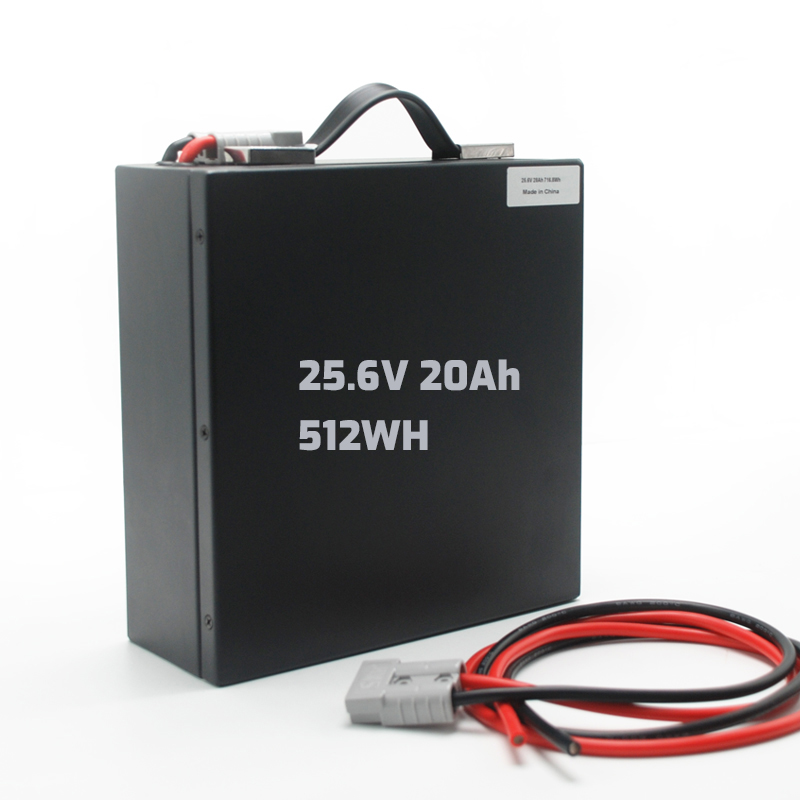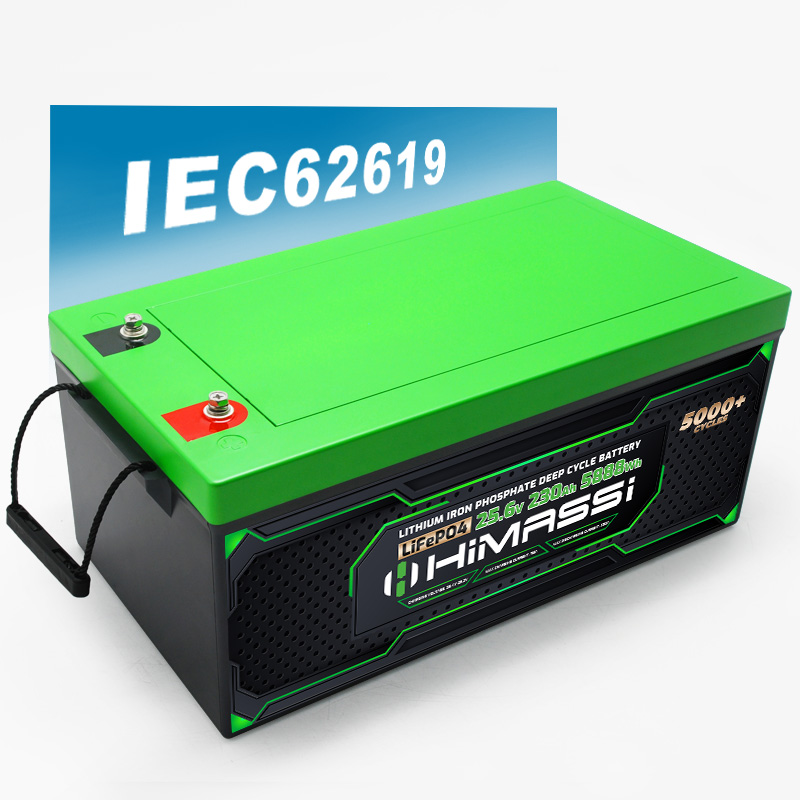Introduction
When it comes to selecting a custom battery pack for your business, whether for consumer electronics, electric vehicles, or industrial applications, the decision can often be overwhelming. Different types of batteries – such as Li-ion, LiFePO4, and NiMH – offer unique advantages, but choosing the right one for your needs is crucial to ensure efficiency, performance, and long-term savings.
In this blog post, we will dive into the key differences between these three battery types and explore how each one suits specific use cases, helping you make an informed choice for your bulk battery procurement.
SEO Keywords: custom battery packs, Li-ion batteries, LiFePO4 batteries, NiMH batteries, battery selection guide, bulk battery procurement.
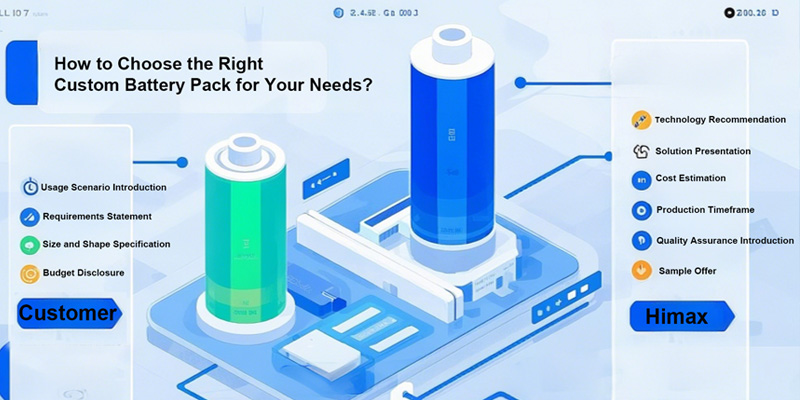
1. Understanding the Basics: Li-ion, LiFePO4, and NiMH Batteries
Li-ion Batteries:
Definition: Lithium-ion (Li-ion) batteries are rechargeable batteries that use lithium ions to transfer charge between the anode and cathode. These batteries are widely used across various industries due to their impressive energy density and compact size.
Advantages:
- High Energy Density: Li-ion batteries provide the highest energy density, meaning they store more power relative to their size, making them ideal for space-constrained applications like portable electronics and electric vehicles.
- Long Cycle Life: With 300-500 charge cycles, Li-ion batteries are efficient over time, though the actual life can vary based on usage.
- Fast Charging: Li-ion batteries generally charge faster than other types, minimizing downtime.
Disadvantages:
- Cost: They are more expensive compared to other battery types.
- Temperature Sensitivity: Li-ion batteries are sensitive to temperature extremes, which can reduce their lifespan.
- Safety Concerns: Poor handling or misuse can lead to overheating or fires.
Best Applications: Portable electronics, electric vehicles (EVs), drones, and other high-performance devices that require compact and lightweight batteries.
LiFePO4 Batteries:
Definition: Lithium iron phosphate (LiFePO4) batteries are a specific type of lithium battery that uses iron phosphate as the cathode material, offering superior thermal stability and safety.
Advantages:
- Safety: LiFePO4 is known for its exceptional safety, making it ideal for high-demand industrial applications where the risk of fire and explosions must be minimized.
- Long Cycle Life: These batteries offer up to 2,000-3,000 charge cycles, significantly outlasting many other battery types.
- Environmentally Friendly: LiFePO4 batteries are non-toxic and environmentally friendly, making them a preferred choice for green energy solutions.
Disadvantages:
- Lower Energy Density: Compared to Li-ion batteries, LiFePO4 batteries have a lower energy density, meaning they are bulkier for the same capacity.
- Higher Initial Cost: While the lifespan is longer, the initial cost is typically higher.
Best Applications: Solar energy storage systems, electric buses, RVs, and backup power supplies.
NiMH Batteries:
Definition: Nickel-metal hydride (NiMH) batteries use a hydrogen-absorbing alloy for the anode and nickel for the cathode. They are commonly used in consumer electronics and hybrid vehicles.
Advantages:
- Lower Cost: NiMH batteries are generally more affordable than Li-ion and LiFePO4 batteries, making them a cost-effective choice for low-power devices.
- Good Performance in Low Temperatures: NiMH batteries perform well in cold environments, which is an important consideration for certain industrial applications.
- Safety: NiMH batteries are relatively safe compared to Li-ion, with a lower risk of overheating or fire.
Disadvantages:
- Lower Energy Density: NiMH batteries have the lowest energy density, resulting in larger and heavier batteries for the same energy output.
- Shorter Cycle Life: Typically, NiMH batteries last 300-500 cycles, which is much lower than LiFePO4 or Li-ion batteries.
- Memory Effect: NiMH batteries can suffer from memory effect, which reduces their usable capacity if they are not fully discharged before recharging.
Best Applications: Hybrid vehicles, power tools, medical devices, and consumer electronics like cameras and toys.
2. Key Considerations When Choosing the Right Custom Battery Pack
Energy Density & Space Constraints:
- One of the first things to consider when selecting a custom battery pack is its energy density and how it fits within your product or application.
- Li-ion: With its high energy density, Li-ion is ideal for applications requiring compact, lightweight solutions like mobile phones and laptops.
- LiFePO4: Although it has lower energy density, LiFePO4 is better suited for applications where safety and long-lasting performance are a priority, such as solar energy storage and electric vehicles.
- NiMH: While NiMH batteries are larger, they are often used in applications where size is less of a concern but cost-effectiveness and reliability are more important.
Cycle Life & Longevity:
- The number of charge cycles a battery can handle will determine its long-term cost-effectiveness.
- Li-ion: Provides 300-500 cycles, making it suitable for portable devices but not the best choice for long-term industrial applications.
- LiFePO4: Offering the longest cycle life (2,000-3,000 cycles), LiFePO4 is ideal for applications where longevity is key, such as solar energy storage or electric vehicle fleets.
- NiMH: With a shorter lifespan (300-500 cycles), NiMH is often used in low-cost applications but may need replacement more frequently.
Temperature Sensitivity:
- Different battery types perform better in different temperature ranges.
- Li-ion: Sensitive to extreme temperatures, which can shorten lifespan or damage the battery.
- LiFePO4: Performs well in a wide range of temperatures, making it suitable for outdoor or harsh environmental conditions.
- NiMH: Performs better in cold temperatures compared to Li-ion, but still has limitations in extreme heat.
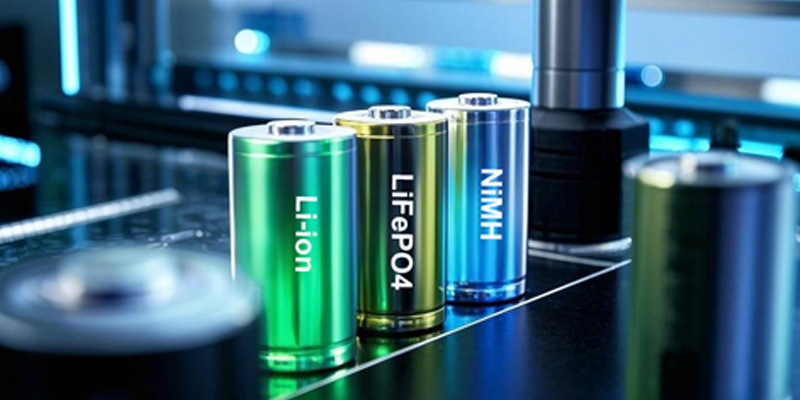
3. How to Choose the Right Battery Management System (BMS) for Your Custom Battery Pack
What is BMS?: The Battery Management System (BMS) is a critical component for ensuring that your battery operates safely and efficiently. It monitors the battery’s state of charge, temperature, and health, ensuring that the battery doesn’t overcharge, overheat, or discharge beyond its limits.
Selecting the Right BMS:
- Li-ion Batteries: Due to their high energy density and sensitivity to charging cycles, Li-ion batteries require a sophisticated BMS that manages voltage, current, temperature, and other critical parameters.
- LiFePO4 Batteries: While safer than Li-ion, LiFePO4 batteries still require a BMS to monitor their state of charge, voltage, and temperature to ensure optimal performance and longevity.
- NiMH Batteries: NiMH batteries require a less complex BMS but still benefit from voltage and temperature monitoring to prevent overcharging or excessive discharge.
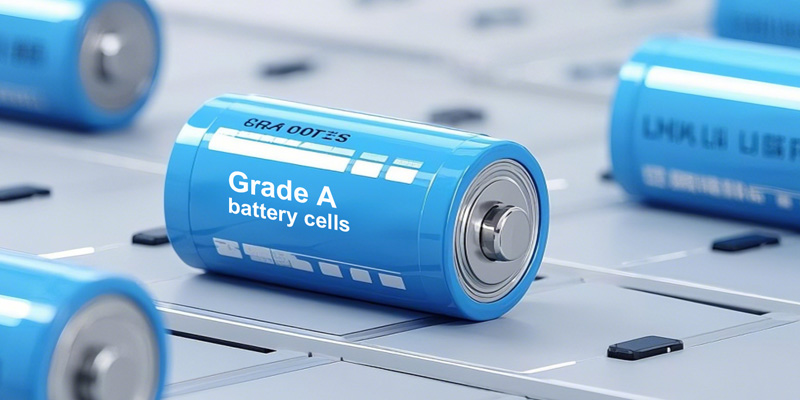
4. Cost Considerations and Procurement Strategies for Bulk Battery Purchases
When purchasing custom battery packs in bulk, cost is always a critical factor. Here’s how you can optimize your procurement process:
Cost of Batteries:
- Li-ion: Although more expensive, Li-ion batteries provide long-term value due to their higher energy density and longer lifespan.
- LiFePO4: The initial cost is higher, but the battery’s long life and safety features can save costs over time.
- NiMH: Ideal for low-budget projects, NiMH is cheaper upfront but might cost more in the long run due to shorter lifecycles.
Procurement Tips:
- Bulk Discounts: Many suppliers, like Himax Battery, offer bulk discounts for large orders, helping you save significantly on unit costs.
- Long-Term Contracts: Establishing long-term relationships with a battery supplier ensures stability in pricing and consistent supply, reducing the risk of price fluctuations.
- Customization: Customize your batteries to match your exact requirements, ensuring that you are only paying for what you truly need.
5. Conclusion: Making the Right Battery Choice for Your Application
Choosing the right custom battery pack is a crucial decision that impacts your product’s performance, longevity, and cost-effectiveness. By understanding the unique advantages of Li-ion, LiFePO4, and NiMH batteries, you can make a more informed decision that aligns with your specific needs.
Consider your application’s energy requirements, expected lifespan, environmental conditions, and budget to select the best solution. If you’re unsure which type of battery is best suited for your project, feel free to reach out to Himax Battery for a free consultation and custom battery samples.

